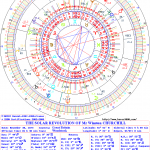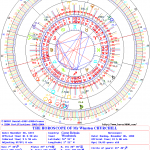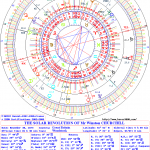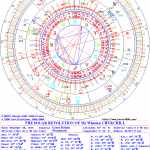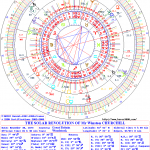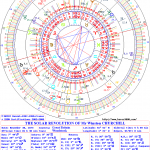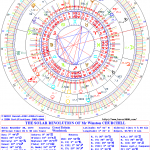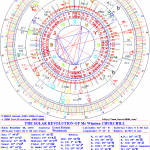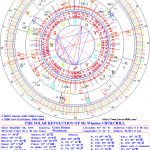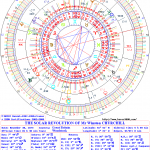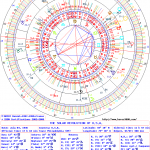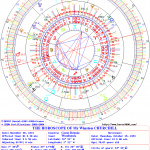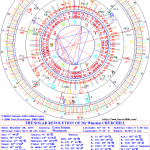
In October 1896, Winston Churchill was transferred to Bombay, in British India. An accomplished sportsman, he became an indispensable member of his regimental polo team. He also used his spare time to read history books, Greek philosophers and French authors. In 1897, Churchill was again a war correspondent. Then he volunteered to go and fight against the Pashtun tribes in Pakistan. His battle reports were his first published accounts in the Daily Telegraph. He also wrote for The Pioneer newspaper. He began to gain notoriety and was even congratulated by the Prince of Wales, his mother's frien...
Read this entry...
Read this entry...
